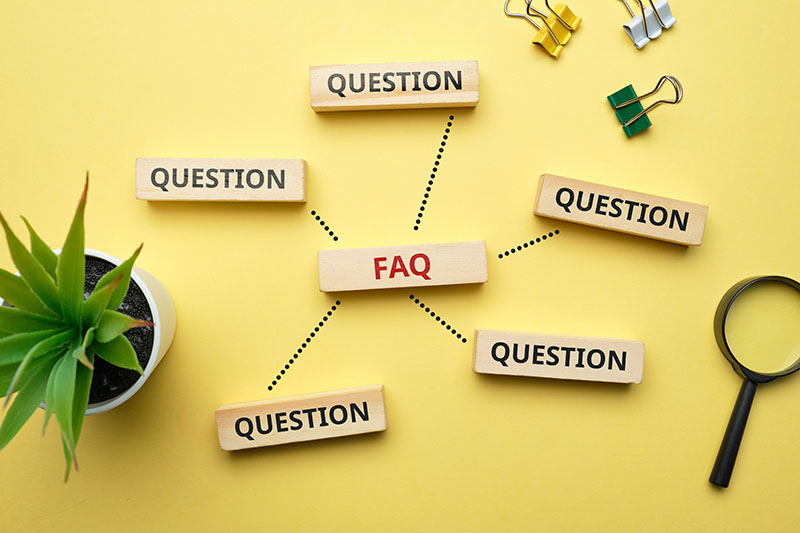Domestic violence solicitors
Domestic violence is a pattern of behaviour that involves violence or other forms of abuse, including physical, verbal, emotional and economic, in a domestic setting. If you find yourself in this situation, please ask for help.
Our family team can offer you confidential, clear legal advice and support to make sure that you, and any children you have, can live in safety. We have the skills and expertise to guide you through the applications you might want to make including:
A non-molestation order: which ensures that the perpetrator of domestic abuse is not allowed to approach or abuse you.
An occupation order: which enables you to live in your property without the perpetrator.
If you’re entitled to public funding, we can refer you to the right place to access this. Whatever you choose to do, we are able to offer you advice and support to ensure that you and your children can live in your home without fear of abuse, whatever form it takes.
Next steps: get in touch
If you are in immediate danger, call 999 and ask for the police. For clear legal advice and support to make sure that you, and any children you have, can live in safety contact our domestic violence solicitors for a confidential conversation on: 0800 533 5349 or enquiries@mogersdrewett.com
Meet the team
Frequently asked questions
Domestic violence or abuse is a broad concept used to describe a pattern of behaviour that involves physical, verbal, emotional, economic and religious abuse in a domestic setting. It is sometimes termed ‘intimate partner violence’ when between husband and wife or same-sex couples, but can be perpetrated against children, parents or the elderly.
Controlling behaviour includes acts designed to control another person by:
- Isolating them from sources of support
- Exploiting their resources and capacities for personal gain
- Depriving them of the means needed for independence, resistance and escape
- Regulating their daily behaviour
‘Coercive behaviour’ covers acts such as assault, threats, humiliation and intimidation or other abuse that is used to harm, punish or frighten someone.
If you are at immediate risk contact the police. They can often take immediate action to remove you from harm. Alternatively, report to the police and also apply to the Court for a protective order (non-molestation or occupation order).
- Have a fully charged mobile phone at hand in case of emergencies.
- Memorise both the emergency and local police station telephone numbers (the local police can now be contacted by dialling 101) and the numbers of any relevant organisations, such as social services.
- Memorise telephone numbers for trusted friends and relatives.
- Agree on a code word to use when calling others to identify that the police should be alerted.
- Ask trusted friends or relatives to regularly check on you.
- Keep your car fuelled and ready to go with a spare key at hand.
- Keep a bag of essential items (cash, clothing, important documents and telephone numbers) in a safe place.
- Make sure your home is securely protected.
There are a number of relevant authorities and agencies from whom it may be necessary to seek assistance or information, including:
- National Domestic Abuse 24 Hour Helpline – Freephone 0808 2000 247
- Somerset Domestic Abuse Helpline on 0800 6949 999 or email SIDAS@Somerset.gov.uk.
- The ManKind Initiative – 01823 334244. A national charity that provides support for male victims of domestic abuse.
- Bath and North East Somerset Council – Domestic Violence Social Worker – 01225 420249
- The police
- The housing department of the local authority or other housing organisation
- Your GP or other medical professional




